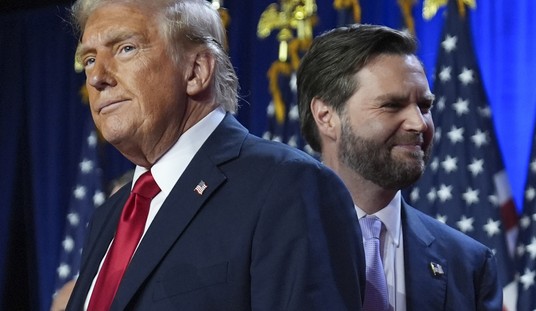I’m out of fresh material from Iraq, so I’ll be heading back in a few weeks to get more. This time I plan to visit in Fallujah. I’ll spend more time there than I did in either Baghdad or Ramadi, and I’ll embed with the Marines instead of the Army.
Fallujah all but demands more time and attention. On the surface it resembles Ramadi. But Fallujah is meaner and murkier. This is the notorious city from which the Sunni insurgency was launched in full force. Open kinetic warfare raged there longer than it did anywhere else in Iraq. If any city could be described as the heartland of the insurgency, this is it.
The relatively straightforward story of Al Qaeda and the Americans battling it out for the hearts and minds of Iraqis in Ramadi doesn’t really apply in Fallujah. The insurgents there were always more popular, and they fought under many flags. Abu Musab al Zarqawi and Osama bin Laden were hardly the only figures inspiring insurgents to violence. When Saddam Hussein was captured, Baghdad cheered. Fallujah rioted.
Author Bing West describes the city this way in No True Glory: A Frontline Account of the Battle for Fallujah:
Cities acquire caricature, if not character: New York is frenetic and brash; San Francisco is liberal and laid-back; Los Angeles is imbued with glitter and celebrity. Ask Iraqis about Fallujah, and they roll their eyes: Fallujah is strange, sullen, wild-eyed, badass, and just plain mean. Fallujans don’t like strangers, which includes anyone not homebred. Wear lipstick or Western-style long hair, sip a beer or listen to an American CD, and you risk the whip or a beating.
For centuries the city had traded with — and stolen from — merchants who were headed east to Baghdad. The frontier town bordering an open desert attracted thousands of outcasts and criminals. In the early twentieth century European travelers learned not to tarry in Fallujah. After Iraq won its independence in 1959, Fallujah became a source of enforcers for the ruling Sunni-dominated Baath Party. The city’s tough reputation continued under Saddam…
With forty-seven mosques in its neighborhoods and fifty more in the neighboring villages, Fallujah was called “the city of a hundred mosques.” For decades the city had been the repository of the extreme Wahhabi, or Salafi, traditions flowing in from Saudi Arabia. Saddam, distrusting Fallujans’ fundamentalism, had restricted their movements and used them as his cat’s paw.
Fallujah looks as sinister as Mordor from far away, even from inside Iraq. But it isn’t that bad, at least not anymore. Somehow the city has been almost pacified.
How? What does that suggest about the future in the rest of the country? Can anything pro-American, or at least non-anti-American, grow in a place like Fallujah, or is the war there just in a lull? What do the Marines, steeped as they are in realism, think of this place? Is Fallujah ready to join the rest of Iraq, or has the rest of Iraq joined Fallujah?
These are the first questions I’d like to have answered. What questions would you like to have answered about this as-ever notorious city?
Please leave your own questions in the comments. And please consider a donation through Blog Patron or Pay Pal and help me buy war zone insurance and airfare.
[paypal_tipjar /]
If you would like to donate for travel and equipment expenses and you don’t want to send money over the Internet, please consider sending a check or money order to:
Michael Totten
P.O. Box 312
Portland, OR 97207-0312
Many thanks in advance.









Join the conversation as a VIP Member